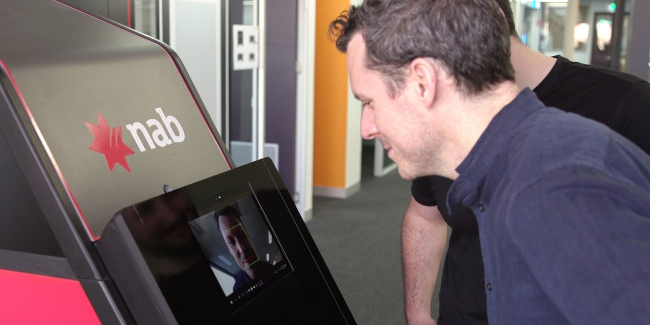Responding to questions from the House of Representatives standing committee on economics, NAB gave details on its processes for debanking, when an institution withdraws banking services from a customer.
Between May 2019 and September 2021, the big four bank estimated it had exited around 40,000 customers with active accounts, citing know-your-customer (KYC) identification requirement issues, or other financial crime or fraud reasons.
While the answer did not specify how many of the customers were individuals or businesses, the bank explained that in 2019 it had committed to strengthening its KYC processes for “non-individual customers, for example, companies, trusts and partnerships”.
NAB also pointed to its financial crime remediation unit, which has a dedicated program of “ensuring that all relevant KYC data for an identified cohort is captured and housed in one place”.
“Having correct and up-to-date information about our customers is important for NAB to comply with relevant laws and regulations, including our obligations under the Anti-Money Laundering and Counter Terrorism Financing Act,” NAB stated.
In the four years to June 2021, the bank spent around $816.1 million on improving its financial crime and fraud controls.
Around $614.7 million of the total was allocated to financial crime improvements, which included expenditure on staff, technology, controls and operations.
The number of people dedicated to managing financial crime risks had grown from around 200 in 2018 to 1,000 in 2019, before hitting 1,200 by the end of 2020. As at 31 August 2021, NAB had 1,500 personnel working in the division.
The bank had also established a Financial Crime Change Program, aimed at transforming how the bank manages crime risk, as well as a customer establishment program, changing how new customers are onboarded.
Last week, a Senate committee called for the government to develop a formal process for fintechs and other businesses to follow after being debanked, which would involve the Australian Financial Complaints Authority (AFCA).
The final report from the Senate select committee for Australia as a financial and technology centre stated fintechs had tended to be left in the dark after being dumped by banks, with more needing to be done to ensure there are “avenues of recourse for those who have been treated unfairly”.
A number of fintechs, including a lender, had accused the banks of cutting off services due to anticompetitive motives.
As such, Revolut Australia (which is in the process of applying for its own banking licence), said it had experienced “risk aversion related to FX and remittance activity” from the banks.
An extreme example was peer-to-peer bitcoin exchange Bitcoin Babe, which told the committee it had encountered debanking or had been denied access to banking products from 90 banks.
Committee chair and Liberal Senator Andrew Bragg called the practice of debanking “debilitating”.
“It destroys the ability of Australia’s small businesses to disrupt and deliver new ideas,” he said.
The big four have previously given reasons to the Senate committee around why they might decide to debank businesses, which included financial crime risks, commercial considerations, fraud or other convictions, or businesses becoming deregistered.
In July, Westpac confessed to debanking around eight fintechs in the year to May, explaining they had either operated in higher-risk areas or had higher-risk aspects to their businesses.
[Related: NAB unveils updated dwelling price forecast]
 ;
;

Comments (0)